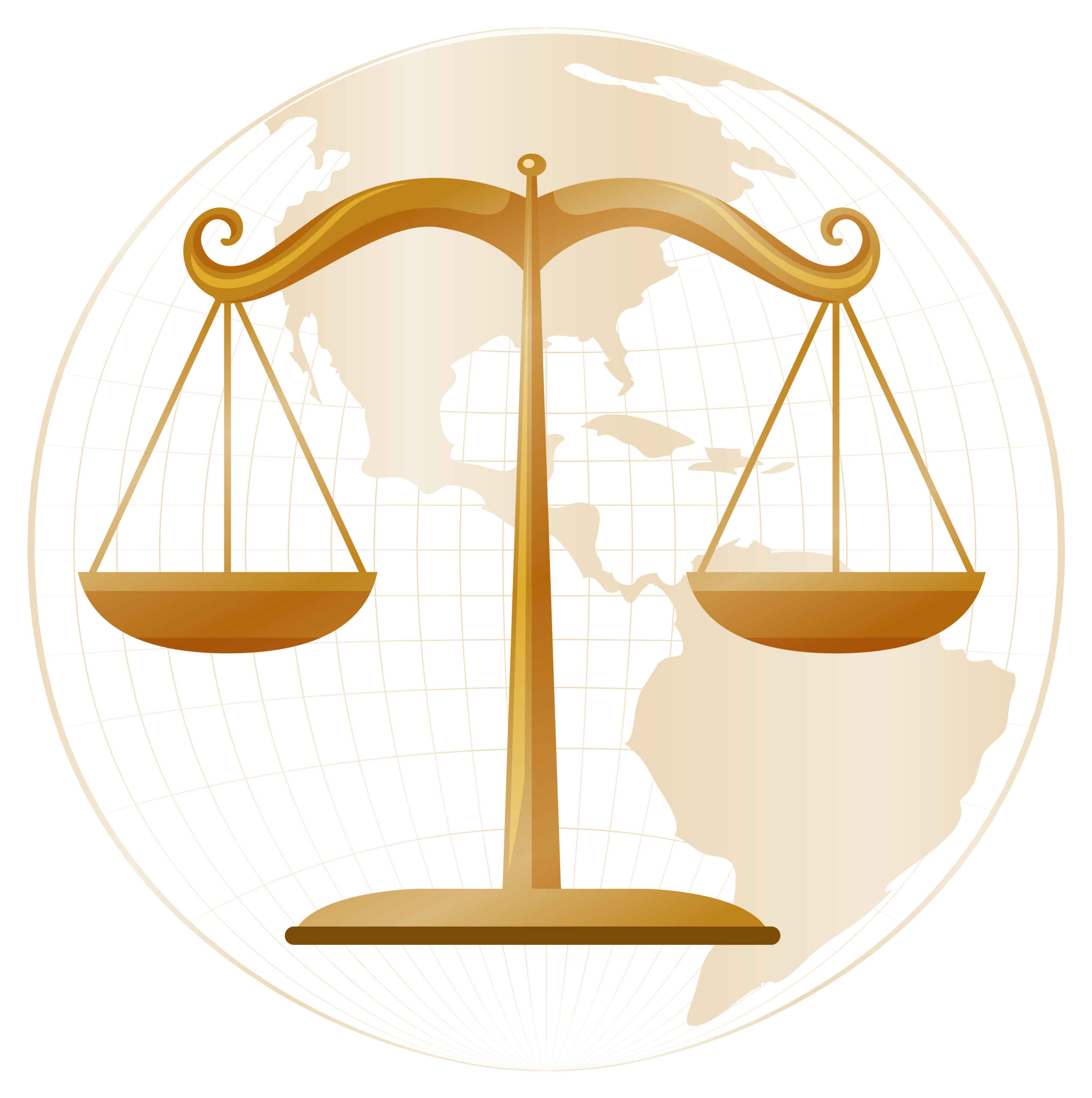
The promotion of international justice and accountability is a pillar of international law and the world order that we know today. The advances made in the second half of the 20th century are significant, with the Nuremberg Trials and Tokyo War Crime Trials paving the way to the establishment of the International Criminal Court, the International Criminal Tribunal for Rwanda and the International Criminal Tribunal for the Former Yugoslavia amongst others. The establishment of such courts have fought against impunity and sought to bring individuals accused of international crimes to justice. The development of international criminal law has further witnessed the application of principles such as the principle of universal jurisdiction, a mechanism which allows individual states to claim jurisdiction over crimes committed outside of its jurisdiction if certain conditions are met. While these contributions should not be overlooked, it is important to recognise that they have majoritarily been dominated by Western states, legal professionals and scholars.
It is significant to equally recognise and encourage the contributions by non-western states as this encourages a fairer and more global international justice system.
Argentina, for example, has been at the forefront of applying an extensive interpretation of the universal jurisdiction principle, a principle recognised in the country’s constitution. In practice, Argentina has implemented this as the first country to open an investigation on the treatment of the Rohingya in Myanmar and the alleged international crimes committed against them. The Argentinian investigation is significant not only as it demonstrates the weight universal jurisdiction can carry in international justice, especially when mechanisms such as the International Criminal Court fall short. Yet, there seems to be a bias when non-European countries actively participate in international justice and international criminal justice. It is not given the same attention as when a European country opens an investigation or puts to trial an individual outside of its jurisdiction.
However, non-European and non-Western contributions should be encouraged to create a more legitimate and effective international justice framework. Indeed, a criticism that echoes in these circles is that institutions such as the ICC are too focused on the African countries and operate as a way to impose a Euro-centric view on justice, entertaining the power relationship existent in colonialism. It is important therefore to breakaway from this and encourage and recognise the efforts made by states outside of the Western hemisphere. South Africa initiating a case for provisional measures against Israel on the basis of violations of the Genocide Convention, demonstrates the importance of non-western perspectives in seeking international justice. Indeed, a state like South Africa, which has in the past been fractured by apartheid and oppression, can bring valuable contributions to international criminal justice that western countries cannot, underscoring the importance of a truly global justice system.
By The European Institute for International Law and International Relations
References















